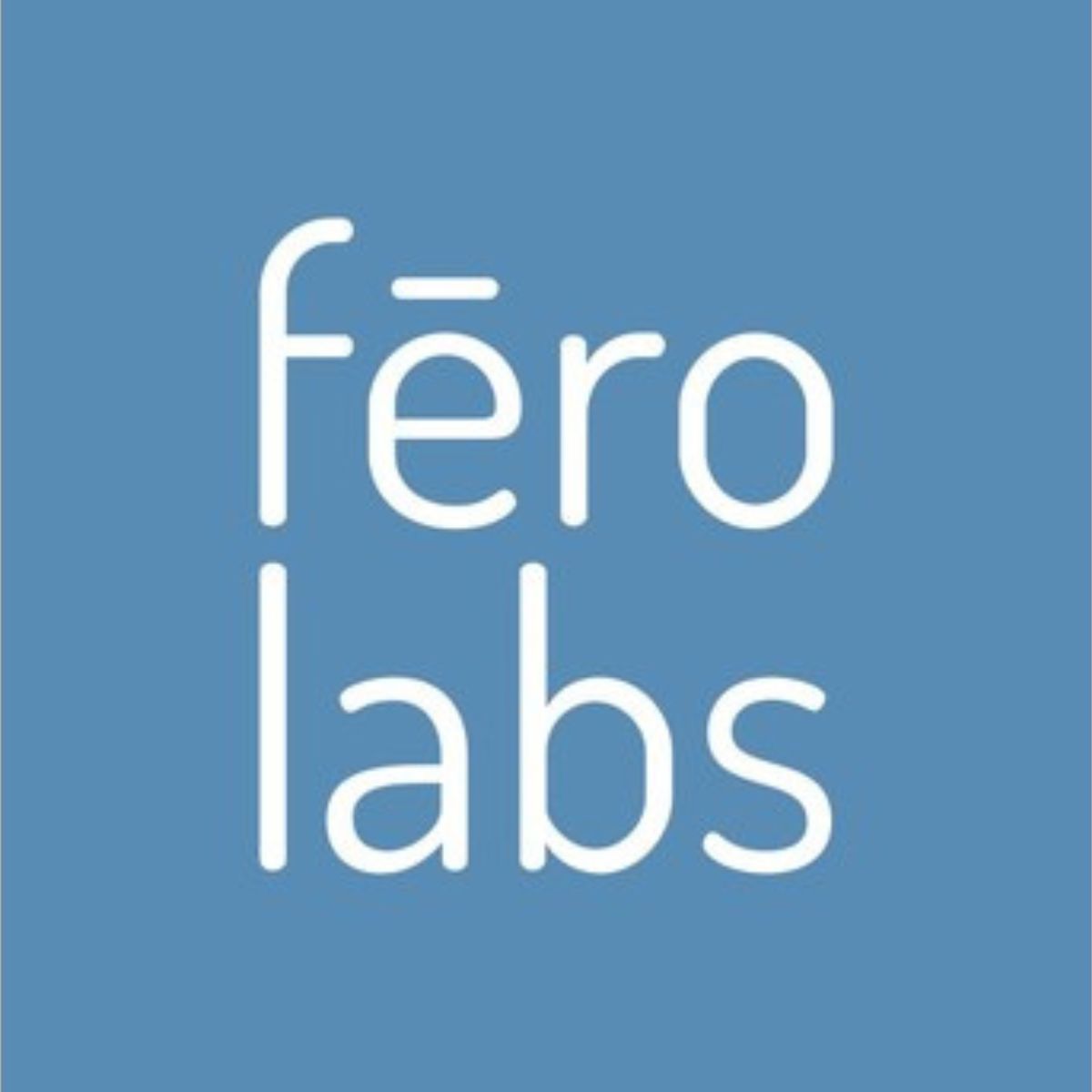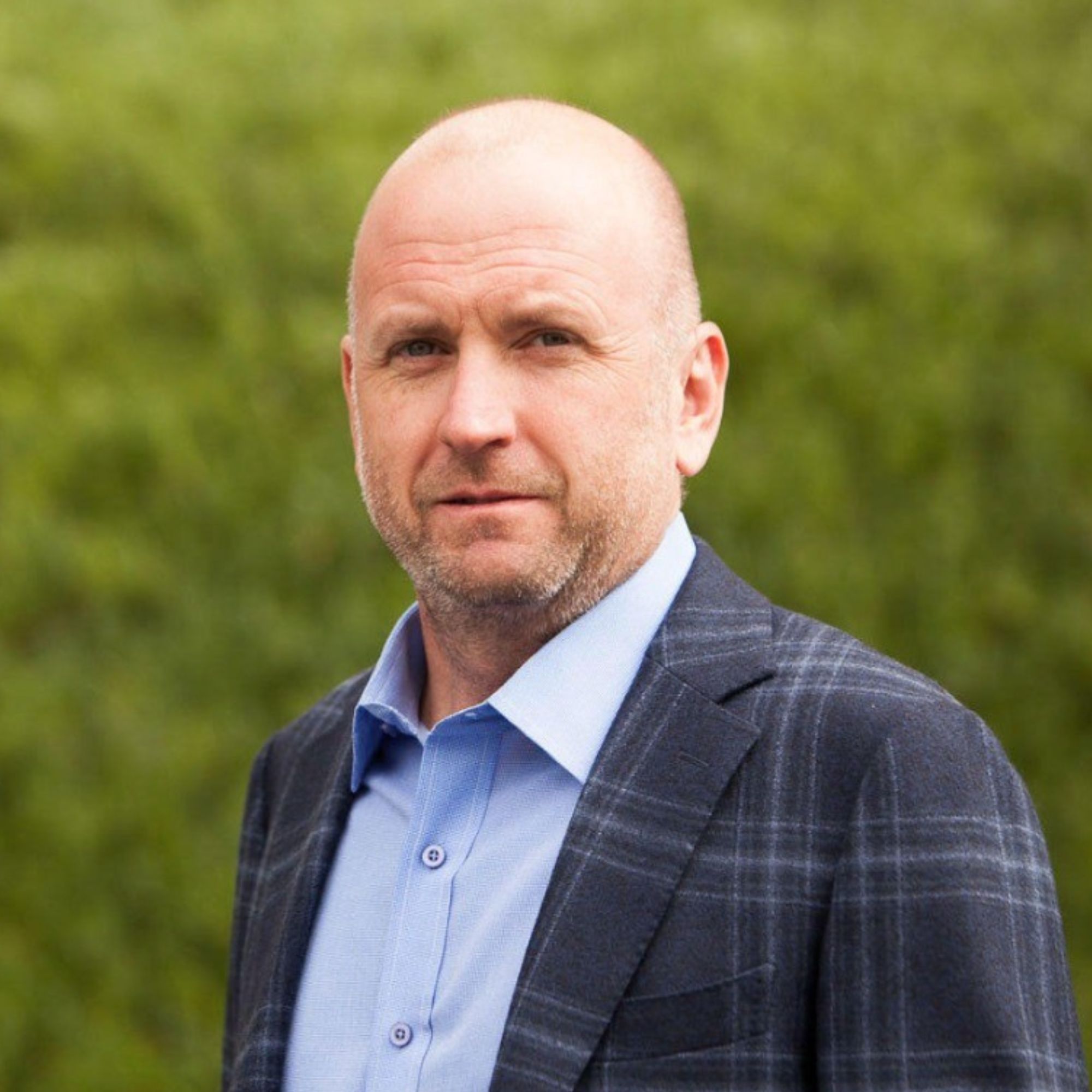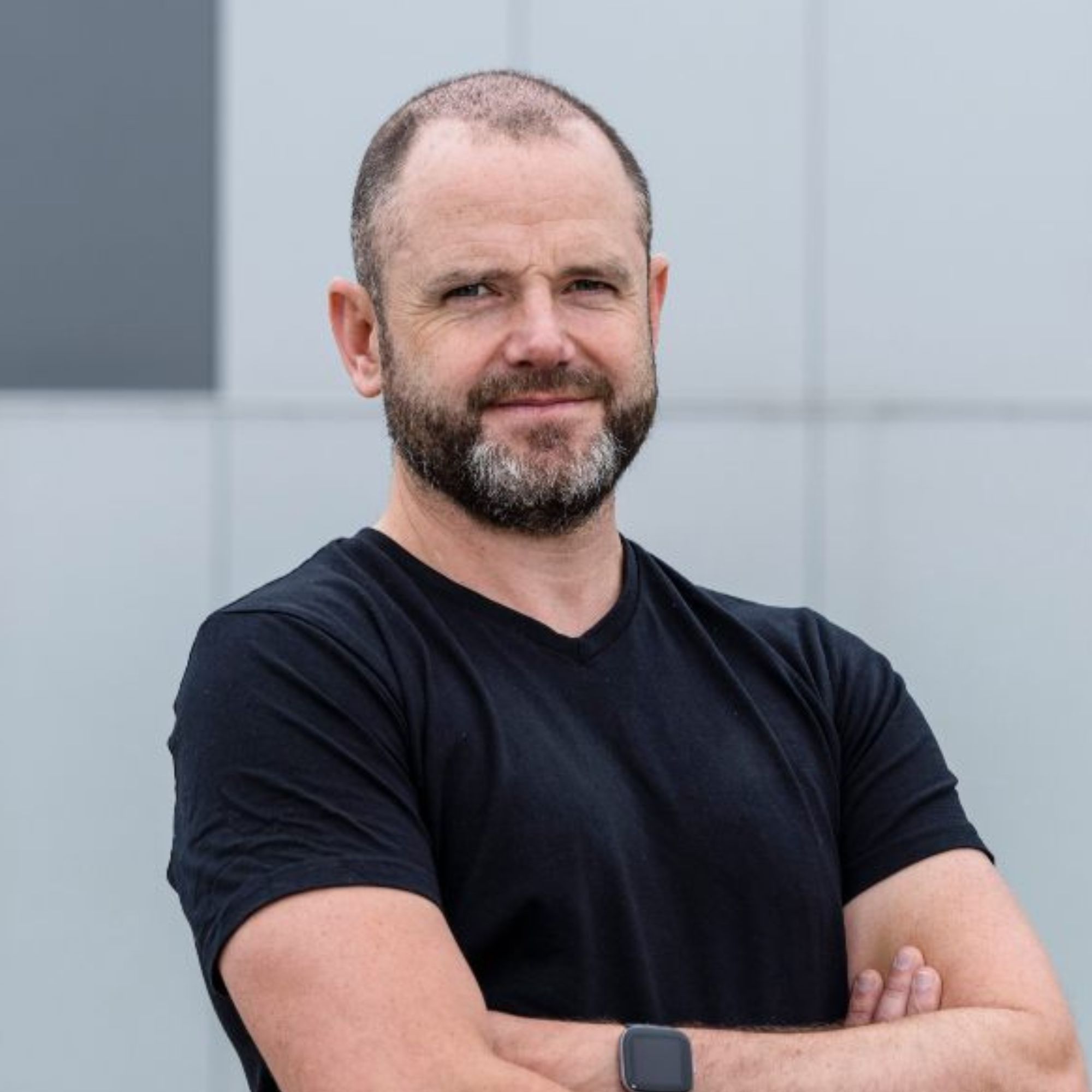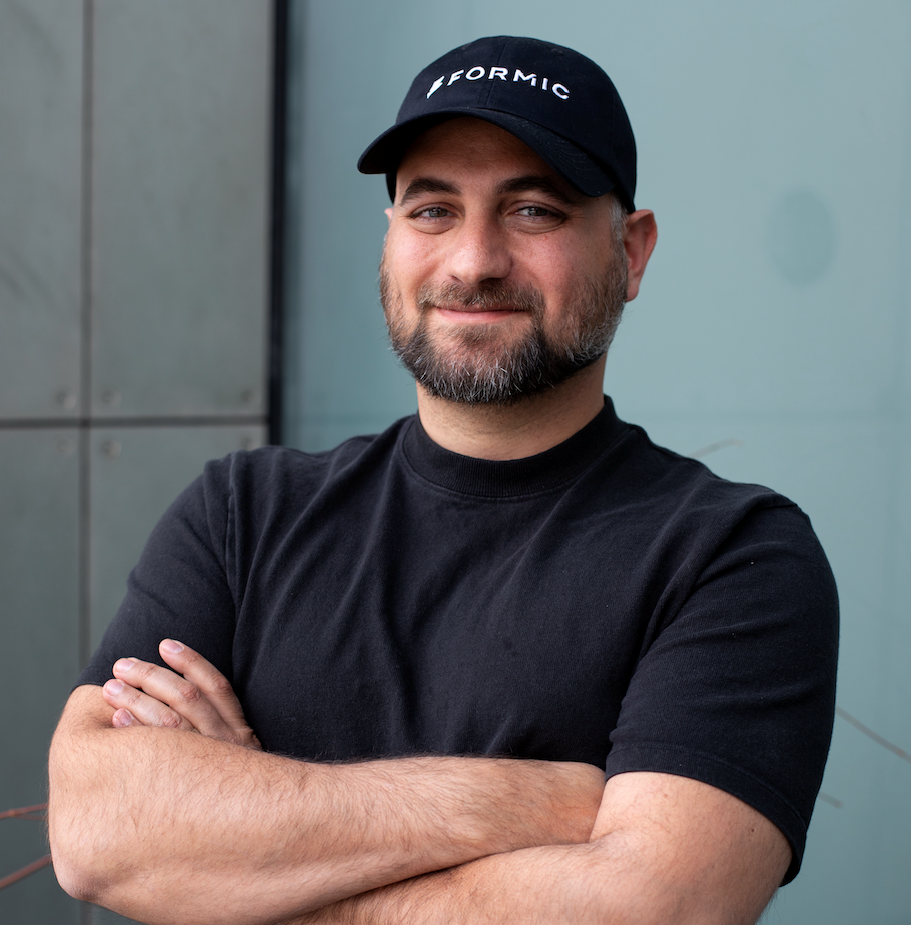Ready to launch your own podcast? Book a strategy call.
Frontlines.io | Where B2B Founders Talk GTM.
Strategic Communications Advisory For Visionary Founders
Conversation
Highlights
From Lab Innovation to Industrial Reality: Scrona’s Path to Commercializing Deep Tech
In a recent episode of Category Visionaries, Patrick Heissler, CEO of Scrona, shared how he’s transforming promising semiconductor printing technology from academic research into industrial solutions. With $15.5 million in funding, Scrona is reimagining high-precision manufacturing through an innovative go-to-market approach that prioritizes ecosystem building over technology pushing.
The Challenge: Beyond Academic Excellence
When Patrick joined Scrona in May 2024, he found impressive technology trapped in research mode. “We need to get it into an industrial package,” he explains, “going from academic, research driven development into an industrial scale product that can really be used by operators, non PhD operators in a fabric.”
This challenge isn’t unique to Scrona. Many deep tech startups struggle to bridge the gap between laboratory success and commercial viability. But Patrick’s approach to solving this challenge offers valuable lessons for other founders navigating similar transitions.
Finding Your Market Champion
Rather than trying to sell to everyone immediately, Patrick emphasizes the importance of securing key customers who can drive adoption throughout the supply chain. “If you have an end market champion, if you can convince really one of these big corporates at the very end that they will have a value out of your technology, they will pull you through,” he explains.
This pull-through strategy is particularly crucial in industries with established supply chains, where resistance to new technologies is high. Patrick notes that “converting a supply chain with a new technology, you’re seeing a lot of resistance… people will have some kind of transition costs.”
Building an Ecosystem Approach
Instead of pursuing every opportunity, Scrona takes a selective approach to project selection. “I want to be very selective on what we’re working on to have the highest impact on a company,” Patrick shares. “I don’t necessarily need a huge project pipeline.”
This focus on high-impact projects is balanced with strategic partnerships to serve broader market needs. “We have a strong partner with notion system that enables smaller scale systems directly for customers that might not require this kind of immense R&D work,” Patrick explains. This approach allows Scrona to maintain focus while ensuring market coverage.
From Concept to Commercial Product
Patrick’s first priority upon joining was establishing a clear product roadmap. “The first thing we did is really fix the roadmap and get a product out… with a data sheet with something that people can take, have a look at, see the facts and can start implementing it.”
By Q1 2025, Scrona plans to launch their Generation 3 platform with 100+ nozzles, including an integration pack for easy machine implementation. This progression from research project to standardized product marks a crucial step in their commercialization journey.
Competing Against Methods, Not Just Players
Rather than focusing solely on direct competitors, Scrona positions itself against incumbent manufacturing methods. “We are competing more against incumbent technologies like lithography, direct laser writing, screen printing, inkjet technology,” Patrick notes. This broader competitive framing helps potential customers understand the transformative potential of Scrona’s approach.
Looking Ahead
With semiconductor industry qualification timelines typically running two years, Patrick anticipates mass adoption beginning in late 2026. “We will see mass adoption of that technology in various applications in various production lines,” he predicts, with expansion planned beyond semiconductors into life sciences, automotive, and consumer electronics applications.
For B2B founders navigating the commercialization of complex technology, Scrona’s journey offers valuable insights: focus on finding market champions who can drive adoption, build strategic partnerships to serve different market segments, and maintain selective focus on high-impact projects that advance your strategic goals.
Actionable
Takeaways
Success Often Starts with Ecosystem Position:
Heissler emphasizes that beyond having great technology, success depends heavily on "being at the right spot at the right time, having the right contacts." B2B founders should strategically position themselves within their target industry's ecosystem and build relationships before attempting major market entry.
Find Your "End Market Champion":
When introducing platform technology, Heissler stresses the importance of securing a major customer who can "pull you through the whole supply chain." Rather than trying to push technology into resistant supply chains, founders should focus on convincing end-market leaders who have the influence to drive adoption throughout their ecosystem.
Balance Custom Solutions with Standard Products:
Scrona maintains focus on high-value custom projects while partnering with Notion System to serve smaller customers. This strategy allows them to maximize team impact on strategic priorities while still capturing broader market opportunities. B2B founders should consider similar hybrid approaches to market development.
Product Definition Drives Market Entry:
Upon joining as CEO, Heissler's first priority was defining a clear product roadmap with specific deliverables, starting with the 8-nozzle Gen 3 printhead. Early-stage founders should focus on converting technology capabilities into concrete products that customers can evaluate and implement.
Selective Project Strategy:
Rather than pursuing every opportunity, Heissler advocates focusing on "value inflecting projects that bring us forward." B2B founders should carefully select initial projects based on their potential to advance company strategy, not just generate revenue.































